Saudi Arabia's King Abdullah leaves mixed legacy
- Published
Frank Gardner examines the legacy of Saudi Arabia's King Abdullah
Saudi King Abdullah bin Abdulaziz has died, aged about 90. Activists, journalists and diplomats talked to the BBC about the ways King Abdullah handled Saudi society and international relations.

'Reforms neglected': Hala al-Dossari, women's rights activist based in Jeddah
There have been some reforms but at the same time there has been so much regional unrest that pressing issues in local policy and national policy were neglected for some time.
Unfortunately with the king's death we're worried it might not be resolved any time soon, especially with the successor of the king having somewhat conservative views.
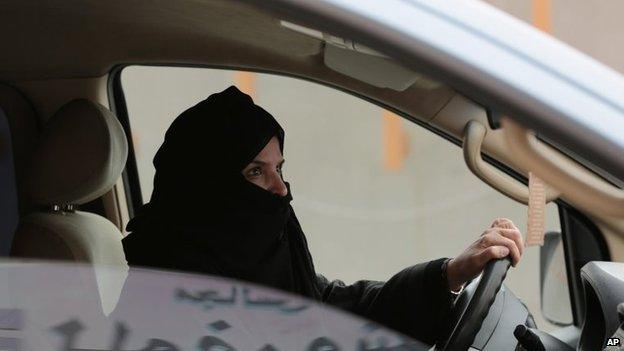
Saudi women have been stopped by police or detained for driving
The conservatism has been politically driven because we have seen very successful projects that people have definitely taken advantage of, like scholarship programmes; like the co-education university; like the engagement of women in sales points and in the markets and the malls.
People really have engaged in all those initiatives so I don't think it's a problem of the public, more the political environment. We did not see really a good progress on that from the ruling family.
We're one of the few systems in the world where we're still putting people into prison for demanding more rights and participation. We're the only country where women drivers are being placed in prison.

'Terrorism eradicated': Essam al-Ghalib, radio host in Jeddah
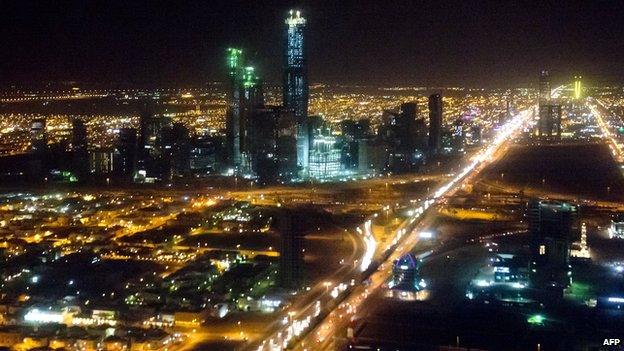
King Abdullah's supporters say the country experienced good growth under his reign
King Abdullah is known for a number of reforms that he made, especially when it comes to women's rights. He brought back the Saudi scholarship system that sent tens of thousands of students abroad to go and study at university or study English at the government's expense.
It was during his reign that terrorism was virtually eradicated. Under King Abdullah the country experienced a great deal of safety, a great deal of growth, a great deal of expansion.

'Not much change': Ali al-Ahmed, Saudi expert based in Washington
In some areas society changed and in some areas he made it worse. If you look at the human rights records at all levels, we have a worse record: we lack freedoms in terms of expression, press, religious and other types of freedoms.
In Saudi Arabia a woman is still considered to be a property of her male relatives. Forget the driving. If a woman falls in the street and needs to go to hospital she cannot be picked up by an ambulance because the law prohibits it.
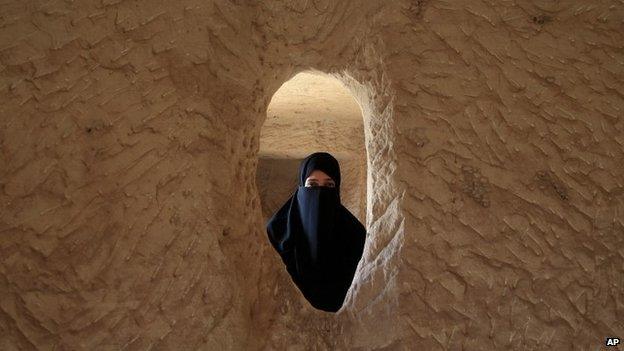
Women in Saudi Arabia still have very limited rights
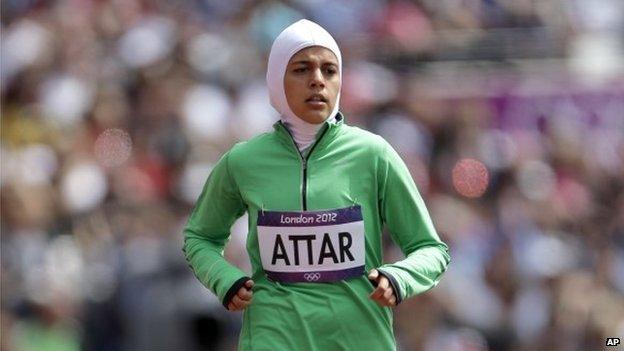
But they are now allowed to compete in the Olympics
I think you are not going to see much change in the Saudi monarchy.
Regarding Saudi blogger Raif Badawi, I think honestly there will be much more opportunity for clemency because King Salman [the successor] wants to say "I'm not King Abdullah, I'm a different person." So I think there is a chance there will be some kind of resolution or decrease in sentence not only for Raif Badawi but also for other people.

'A reformer not a revolutionary': Dennis Ross, former Middle East ambassador for the US
The Saudi society is a deeply conservative one where religious authorities and even religious beliefs for a long time have had a great deal of sway. Women's rights are obviously profoundly limited. They are basically not in a position where they can travel unless a male family member or husband permits such travel to take place.
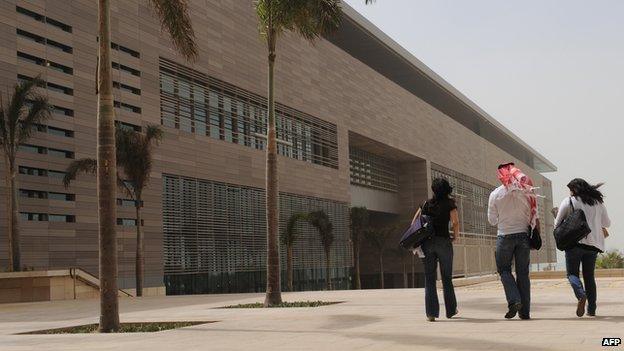
The King Abdullah University of Science and Technology is Saudi Arabia's only university to allow both men and women students
The king nonetheless was seen as a reformer in that context because he became committed to the education of women. He promoted the building and development of universities. He was someone who was trying to loosen up some of the controls within society.
I think one has to look at him as a reformer in a very incremental way. He was a reformer not a revolutionary. He was someone who felt that if change was going to be introduced it would have to be done in a very gradual fashion.

'Like a father': Dr Khaled Batarfi, senior writer with the Saudi Gazette
When the news hit us, we all cried. It was like a father, you know?
His daughter is one of the advocates of women's rights in Saudi Arabia. Who would think that you would see a women minister or women in the Shura council sitting side-by-side with men and talking about women's rights and calling for reforms?
Yes, this is like an oil tanker, not like a speed boat. We have an alliance between the religious establishment and the political establishment. So for him to do that in just a few years, that is a lot in Saudi Arabia.

'Stabilising the region': Middle East commentator Adel Darwish
Saudi Arabia has been a major stabilising factor in the region. King Abdullah played a major role trying to reconcile the Palestinian factions. The country is the largest regional donor to the Palestinians.
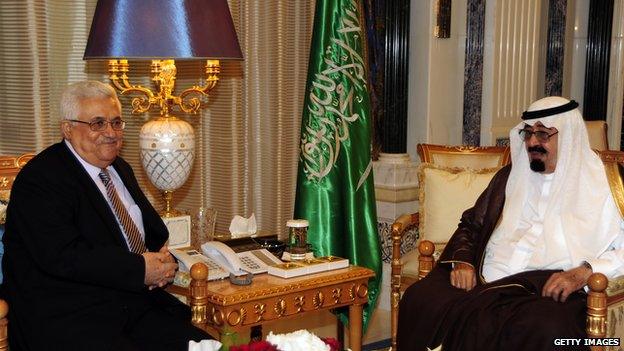
King Abdullah pictured with Palestinian President Mahmoud Abbas (left) in 2010
After the 2011 uprising [the Arab Spring] there was radical Islamisation and anarchy taking over, and again King Abdullah was instrumental in establishing an alliance between Egypt, Kuwait and the UAE.
When there were some small disorders in Saudi Arabia, he managed to contain them by opening up. If you look at how the Saudi papers have debated issues for the last two to three years - no-one would have dreamed of that five years ago. That was quite an outlet and meant Saudi Arabia managed to avoid this so-called Arab Spring.